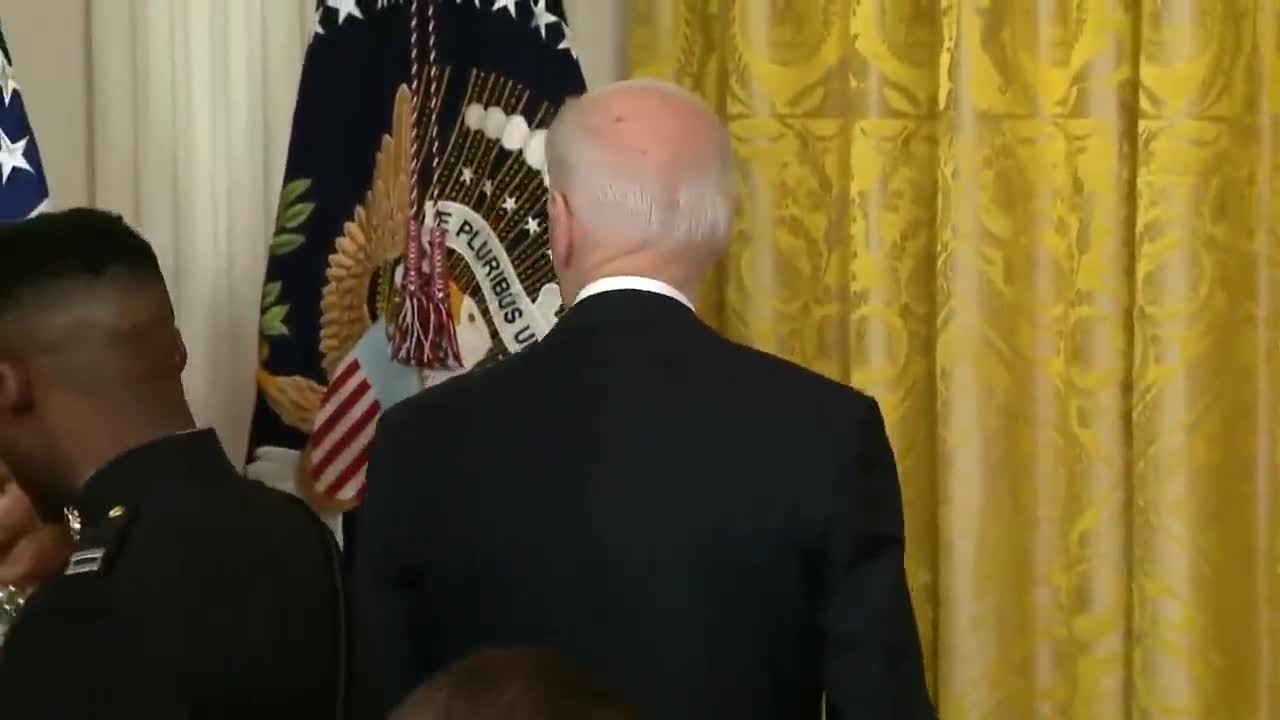Multi Sport
DA
Mideast partners have lost confidence in America’s commitment to global leadership or competence for it following last year’s botched Afghanistan withdrawal. They are also experiencing whiplash from a Trump administration that trashed the nuclear deal with Iran to a Biden administration they feel is pursuing it without sufficiently factoring in Tehran’s regional aggression.
In all my many travels to the Mideast over the years, I have never heard this level of frustration from Mideast government officials with American policymakers.
In all my many travels to the Mideast over the years, I have never heard this level of frustration from Mideast government officials with American policymakers.



